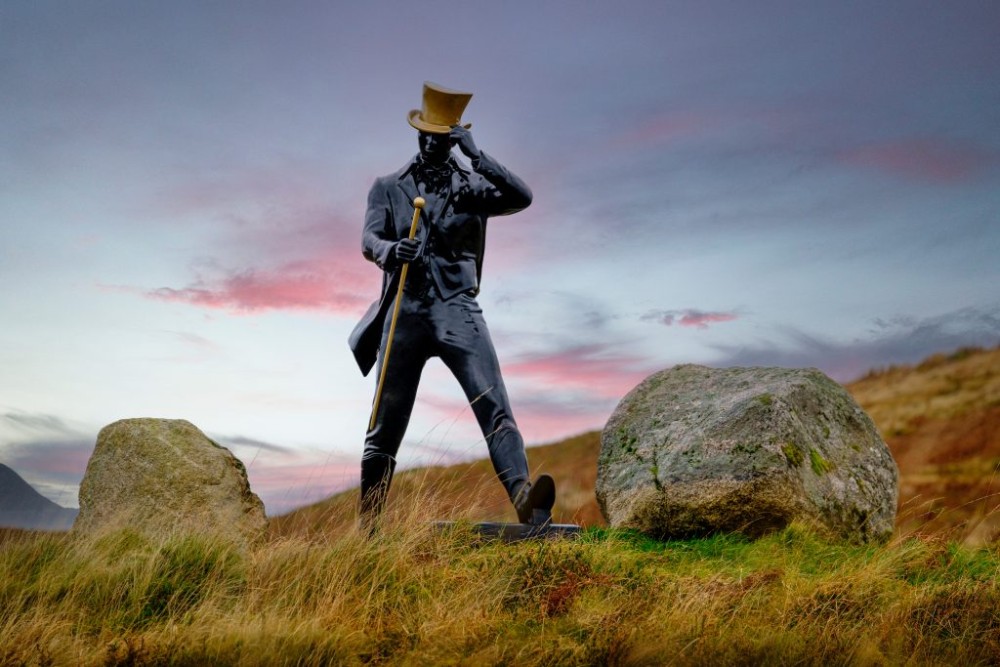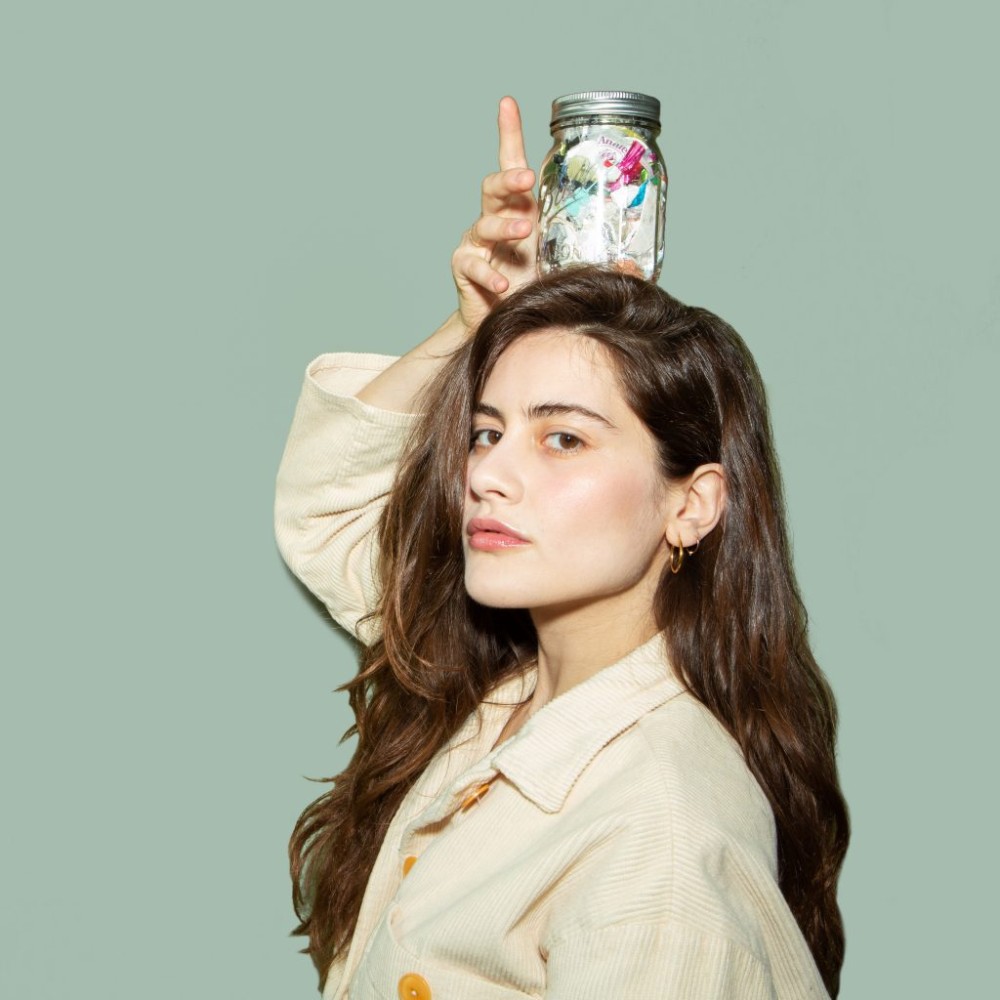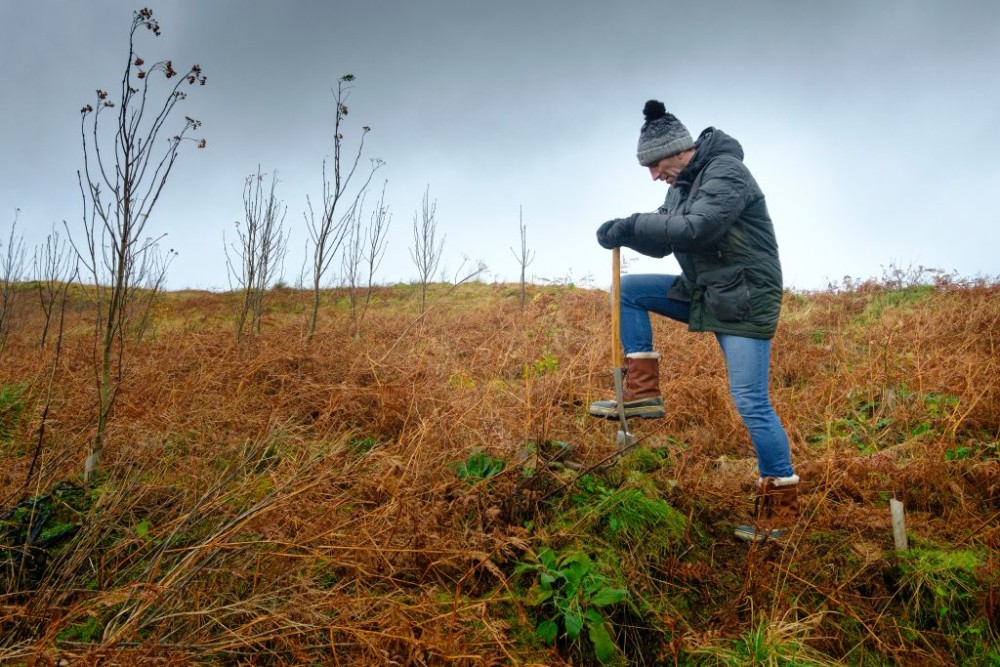
From fashion to beauty to consumer goods, global brands are seeking to center sustainability in serious ways thanks to growing demand from the latest generation of consumers – Gen Z – who increasingly value transparency, authenticity and corporate responsibility, according to a recent McKinsey report.
As such, it’s not enough for brands to merely say they care about the environment: they have to show it too, and in a demonstrable way. While COVID-19 ravaged most industries, it also became a timely opportunity for corporations to assess their environmental impact, and understand how to instill sustainability holistically throughout their operations.
The world’s best selling Scotch-makers, Johnnie Walker, whose legacy is built on the premise of the brand’s mantra, “Keep Walking”, heeded the call in their own way: with its most ambitious sustainability push ever.
The Next Steps Initiative is a wide-ranging plan detailing an impressive list of actions that build on to the brand’s ongoing efforts to reduce its environmental footprint, restore natural landscapes and reinvent how whisky is made, distributed and enjoyed. Essentially, it’s about becoming more sustainable – from ‘grain to glass’.
“Johnnie Walker is built on a legacy of making positive, progressive choices. When we look at the world around us it’s clear that we all have a role to play in protecting the planet and its resources, says Julie Bramham, Global Brand Director. “We can either see what’s happening and choose to do nothing or we can keep walking, taking every step we can to reduce our impact. We believe there is only one choice to make.”

The programme sees the creation of a brand new bar experience that showcases the future of ‘sustainable socialising’, created in partnership with multi-award-winning bartender Ryan Chetiyawardana, mastermind behind the celebrated London bars, White Lyan and Dandelyan, and zero-waste advocate, Lauren Singer, who leads the global community, The World’s Most Rubbish, and first went in 2012 after documenting how she was able to fit a year’s worth of rubbish into one 16oz mason jar. The inventive bar experience will premiere later this year before rolling out globally across multiple countries.
The setup will be ecologically sound in every aspect possible while not compromising the simple beauty of a brilliant bar experience, something many of us have sorely missed.

Ryan Chetiyawardana affirms the decision to see the brand, and the wider spirits industry, stand behind needle-moving actions that take less from the environment. “Sustainability needs commitment and bold steps – alongside the little, everyday ones – so I’m so proud to be working in partnership with Johnnie Walker as they seek to make proper inroads into addressing this evolving topic with a real and genuine ambition to make a difference. It’s been incredible to see them focussed on revolutionising their approach to drink, events and experiences, and helping support big scale change.”
As part of The Next Steps initiative, Johnnie Walker has also partnered with the Royal Society for the Protection of Birds to restore 88 hectares of heavily degraded peatland which will allow for plant life to regenerate, support wildlife and reduce carbon emissions. This is particularly important considering peatlands store 30% of the world’s carbon despite only covering 3% of the world’s surface.
Other highly notable efforts the whisky-makers are committed to include reducing environmental impact by increasing recycle content in all packaging material including a minimum of 60% recycled glass in its core range bottles by 2025 and moving to 100% recycled plastic in all of its plastic packaging. The brand also will ensure all packaging material, including secondary material such as gift boxes, will be recyclable, reusable or compostable by 2030.

Johnnie Walker is also moving to make its glass bottle up to 25% lighter, and use 20% less water by 2030, which could save up to an equivalent of 76 Olympic-sized swimming pools!
When it comes to the socialising aspect of sustainability, serious thought has been given to the experiential as well. The brand is dedicated to working with customers and suppliers to implement more sustainable methods for promoting their whisky, and will aim to have all of their Scotch whisky visitor experiences Green Tourism certified.
Following the ‘grain to glass’ ethos, the work can’t start merely with the finished product. Johnnie Walker is working with and supporting its farmers and grain suppliers to implement regenerative farm practice and gain verification in the widely recognised Farm Sustainability Assessment, which is a part of the Sustainable Agriculture Initiative Platform. They also endeavour to preserve natural landscapes in countries such as Chile, where they have partnered with Tu Mejor Huella to protect and restore 5,000 square metres of Torres del Paine National Park, one of Patagonia’s most iconic landscapes.
If it sounds like a lot of work, it’s because it is. But it makes crystal clear sense, says Bramham. “The choices we make and the actions we take will make a tangible difference to the environment. But more than that we want to do what we can to help give people all around the world the chance to make simple, more sustainable choices themselves and, in doing so, play their own part in building a better future. None of us can change things entirely by ourselves but the collective effort of millions of people pushing in the same direction can make a real, lasting difference.”
Learn more about The Next Steps initiative.
See also: Johnnie Walker raises a glass to innovation and heritage with new celebratory blend






